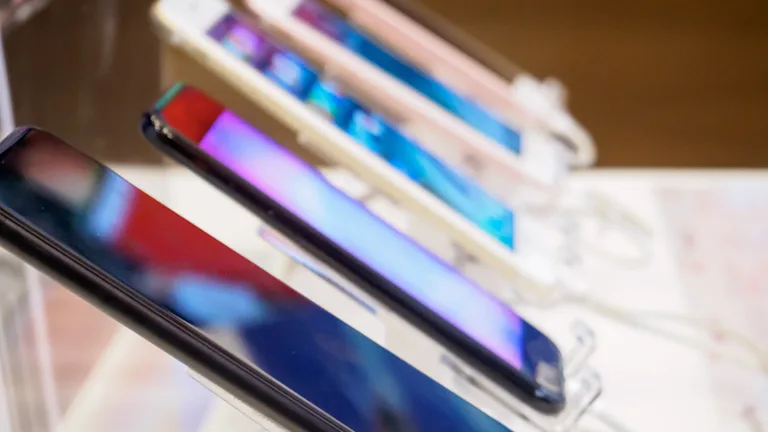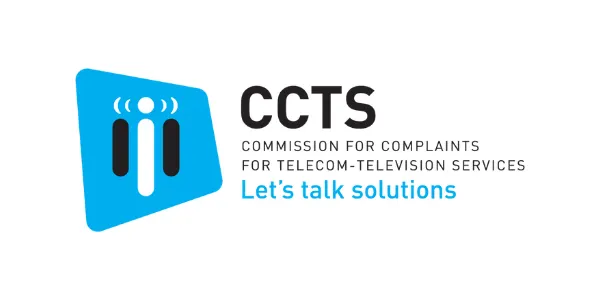Cancel or switch your phone contract

Sick and tired of your current phone provider? Sometimes it makes sense to switch; other times it’s best to wait it out. We’ll help point you in the right direction.
What you should know
Before we begin, quick heads up — if you have a problem with your phone or plan (as in, your phone is broken or the provider has misled you), check out our info on dealing with problems.
If you’re just not satisfied with the plan (its pricing or service, for example) or want to learn more about cancelling in general, read on.
If you’re on a month-to-month plan or pay-as-you go, it’s unlikely you’ll face high cancellation charges — or any cancellation charges. Read your contract first, and then call customer service to confirm this.
If you didn’t receive a discounted or free phone on signing the contract, or you’ve paid off the device subsidy, the early cancellation fee can’t be more than $50.
When you walk out with your shiny new phone, remember, 15 days. Canadian laws give you a 15-day trial period from the start of the contract during which you can return your phone with no cancellation fee.
Save the packaging the phone came in. Set a reminder. Mark day 15 on your calendar. And make sure you stay under half of your monthly usage limits. (If you have a disability, your trial period is 30 days, and the usage limit doubles.)
If you decide to cancel during the trial period, pack the phone up in its box, go into the store (or give them a call) and let them know you want to cancel. Be firm.
After the trial period, you can cancel your phone contract at any time. You don’t have to give the phone company advance notice. But you’ll probably have to pay an early cancellation fee. For more, see below, under take action.
Why is it that cancellation charges can be so high? Because you have to pay for that “free” or discounted phone at some point!
When they offered you a free or discounted phone, your provider gave you what’s called a device subsidy. This means you pay off the phone, bit by bit, in equal installments through your monthly bill. If you cancel early, you have to pay off any remaining device subsidy.
The device subsidy is the retail price of the phone minus the amount you paid for it when you signed the contract. The early cancellation fee goes down each month. Eventually it hits $0 at the end of the contract.
So for example, say the phone costs $1,200 and you got it for $0. That means an early cancellation fee of $1,200, less $50 for each month you keep the service.
If you log into your online phone account or call customer service, they can tell you your remaining device subsidy.
Your provider can change the contract, but only if the change is an upgrade or if you agree to it.
So let’s say you had unlimited data, and the provider tries to change your plan to 100 GB per month. They can’t do that unless you agree. If you don’t agree, you can cancel without penalty.
If the provider wishes to change anything, it must give you at least 30 days’ notice. The notice must explain the change and when it will take effect.
Upgrades are tricky. When you upgrade early, the provider can first make you pay off the device subsidy on the last “free” phone they gave you.
When you’re nearing the end of your contract, providers will be eager to entice you with an upgrade. Why? They’ll lock you in for another two years! Make sure to shop around when you’re getting close to the end of your contract.
When a fixed-term phone contract runs out, the provider may automatically extend it on a month-to-month basis.
To do this, the contract has to say when the month-to-month begins. And the provider has to give you 90 days’ notice, where they explain what the new plan will look like. If they don’t do this, any changes to the plan won’t be valid. And regardless, you’re also free to cancel and move on.
Just as when you were invited to upgrade, a lapsing contract means you’re in the driver’s seat. Take this time to shop around and look for a better deal, especially if you’re keeping your current phone.
If you’re under 19 and you want out of a phone contract, you can typically cancel it without penalty. This isn’t a guaranteed “out,” but if you reiterate that you’re a minor, the phone company may back off.
Make sure you return the phone (if they gave you one)! Also, be sure to send a letter to the provider saying you understand that they'll close the account. Keep a copy for your files.
Take action
Ready to cancel or make a switch? There are a few steps you should keep in mind.
Call customer service or go to your online profile. There you’ll learn what you’ll have to pay if you cancel. If the number seems high, ask them to explain the calculation. Then check out this guidance on how cancellation costs work (including examples). Keep in mind that if you got a free or discounted phone, the cancellation charge factors in the retail price of the phone — which can be over $1,000!
You own your phone number.
A service provider can’t stop you taking your number with you when you switch providers — a process called porting your number.
Once you’ve decided which provider and plan to switch to, contact the new provider to request a service transfer. Don't cancel your current service first — you might lose your number. For more detail, see this walk through on how to switch phone providers.
Your new service provider will notify your current provider of the transfer — and cancel your old service immediately. There might be a period of time while your old number gets properly updated in their system — just be patient, and let them know if you’re having issues with your phone number.
You’ll still have to pay any outstanding amounts on your old plan, though. (You can run but you can’t hide; they’ll probably send your final bill within a month of the switch.)
To cancel your contract, you just have to tell your service provider. You can do it by phone, email or regular mail. Check your contract to see if there’s a specific way they want you to cancel.
If you phone, you may be re-routed through the Department of Enticing You To Stay. There, professional persuaders may dangle a new lower-cost monthly plan or reduce an early upgrade fee. Be strong. As long as you keep repeating your desire to cancel, they’ll eventually process your request.
Who can help
If you’re still getting the cold shoulder from the cellphone companies, there are government agencies that may be able to help.

Commission for Complaints for Telecom-television Services
CCTS deals with cellphone, TV and internet service complaints.

Competition Bureau
Deals with complaints about false or misleading advertising.
This information from People’s Law School explains in a general way the law that applies in British Columbia, Canada. The information is not intended as legal advice. See our disclaimer.
Related
On Dial-A-Law
Dial-A-Law has more information on Cellphones in the section on Consumer.
